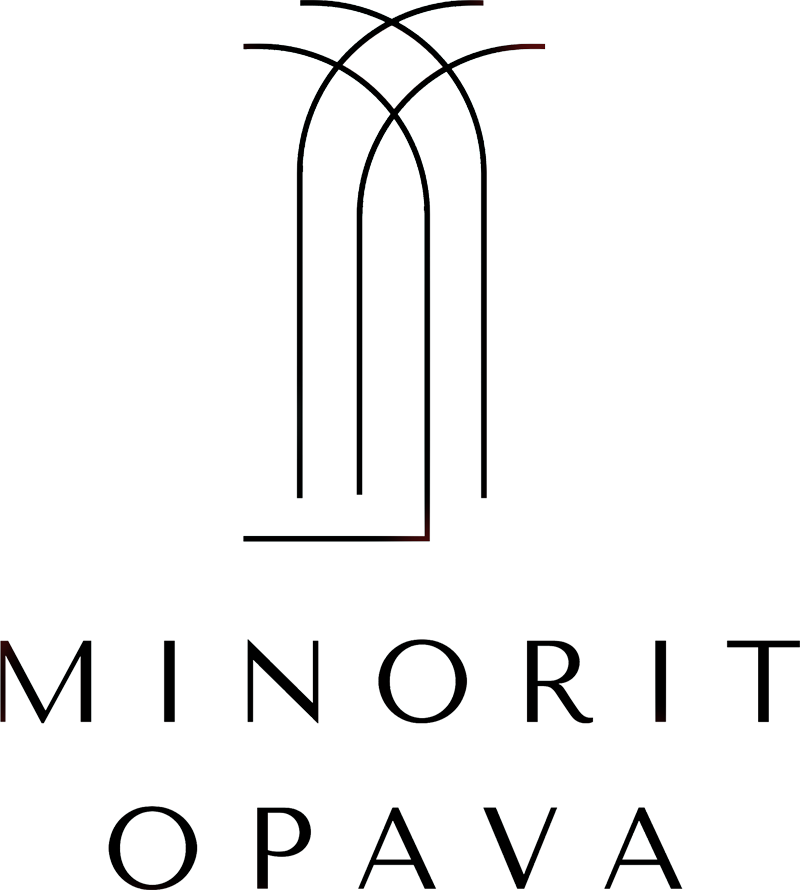The most attractive chapter in the traditions of Hradec Castle is undoubtedly represented by the visits of Ludwig van Beethoven and Franz Liszt, which are the evidence of generous support given to them by the Lichnowsky family. Prince Karl Alois Lichnowsky admired talent of young Beethoven and from 1800 he provided him with a flat in his house in Vienna as well as a substantial annual allowance of 600 zlaty (the currency of that period). Apart from this, he gave Beethoven some rare musical instruments for string quartet (Guarneri, Amati), and he helped him make important business as well as social relationships. To thank him, Beethoven dedicated three piano trios to the Prince (Es major, G major, c minor) op. 1, two piano sonatas c minor op. 13 “Pathetique”, and As major op. 26 and the second Symphony D major op. 36.
It is only interesting that the Prince and his wife Kristina, born as Thun-Hohenstein, were students of Wolfgang Amadeus Mozart. In the castle collections we can see a rare Italian harpsichord, which young countess used for her practice. Princess Kristina’s relationship with Beethoven was almost maternal, and she took care of him as if he was her adoptive son. The composer dedicated to her a piano excerpt of the ballet “Prometheus” op. 43 and variation G major for the piano and violoncello WoO 45. Beethoven maintained a relationship with Count Moriz, Karl Lichnowsky’s brother. Judged from their correspondence and other dedications they were real friends. He dedicated to him the piano sonata E minor op. 90, the piano variation “Prometheus, Eroica” Op. 35 as well as the canon WoO 164.
Although we have to take in account that dedications were social necessity of the period (and Beethoven sometimes changed them), the series dedicated to the Lichnowsky family is worth noticing.
Beethoven arrived at the Hradec Castle in summer 1806. It is highly probable that he accepted his supporter’s invitation gratefully as living in Vienna occupied by French army was difficult for him and he might have needed to find his inner balance after the premiere of his opera “Leonore” (later rewritten as “Fidelio”) had met with failure. His Hradec visit can be put in the timeframe between mid-July and the turn of September and October. The 35-year-old composer and pianist might have stayed in a room on the second floor of the northern castle frontage where guest rooms were situated (currently, there is a gallery in these rooms), and he composed at the piano, which is now the pride of the castle collections. As the entrance gate of the Red Castle was not built until 1880s, the view from his room was wide open. As we know from Beethoven’s correspondence and biographies, nature was very important for him*.
Beethoven’s first visit to Hradec is traditionally connected with the famous dispute with Count Lichnowsky. He is said to ask Beethoven to play the piano for some French officers, who he had invited to the castle. However, Beethoven’s dislike for the people representing France grew after the imperial coronation of Napoleon Bonaparte, to whom Beethoven wanted to dedicate his 3rd symphony Es major op. 55 “Eroica” ** from 1803, and which was followed by war frenzy. That was a probable reason for an argument with his host. Before he angrily run away from the castle, he wrote his famous letter saying “Count, who you are, you are by accident and family; who I am, I am thanks to myself. There are a lot of counts, but there is only one Beethoven.”
The story tends to be connected with Hradec, which enriches it with truly suggestive background, and it still attracts attention, even though Beethoven’s letter has not been preserved and nobody has so far tried to answer the question if a French garrison could have operated in the surroundings of Opava (Napoleon’s invasion of Silesia did not start until 1806). There are some tenuous hints about “an unfortunate event” in the composer’s letter dated 21 September 1814 and sent to Earl Moriz Lichnowsky of Baden. However, the relationship with Prince Karl Alois never cooled off. The evidence is Beethoven’s second stay in Hradec in September 1811. He came just for a short visit on his way to Leipzig to take part in the performance of his mess C major op. 86 in the Church of Holy Spirit in Opava on Saturday 28 or more probably Sunday 29 September 1811.
*There must be a certain reservation towards Beethoven’s statements about his sources of inspiration. He once said about the initial theme of 5th symphony that “the destiny knocks on the door”, later he indicated that the same theme was derived from yellowhammer’s singing. Beethoven called himself as a poet of tones but his music is not descriptive. Traditional names of his compositions (‘Moonlight Sonata”) often do not come from him but from later editors.
**Beethoven crossed over this dedication on the cover page of handwritten score and added with a pencil only a tenuous dedication “in honour of a great man”.














